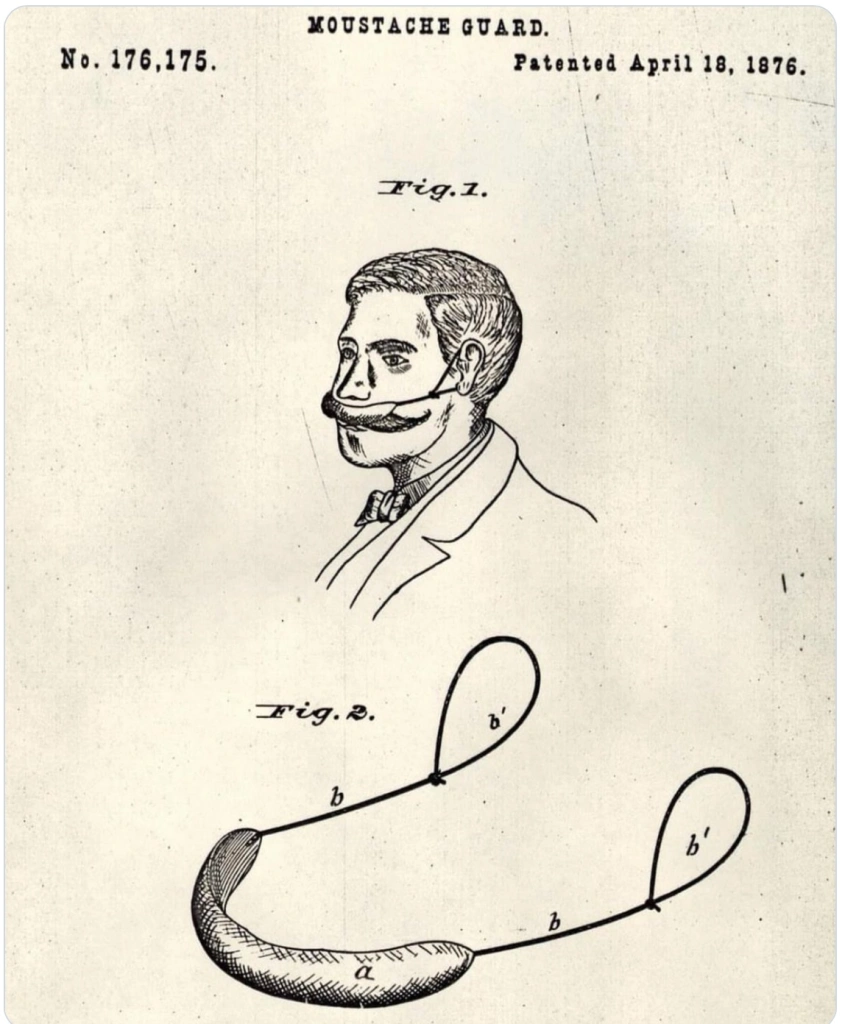
The world’s largest passenger elevator is inside the Jio World Center building in Mumbai, India. It can hold 235 people and is designed to cater to large gatherings, such as weddings or convention attendees.
The elevator has glass windows, offers panoramic views of the gardens below, and features a crystal-studded ceiling. It has two sofas so passengers can relax while ascending the maximum five floors at the slow but deliberate rate of 1 meter per second.
Thinking big doesn’t just work when building elevators. It also works when building independent contractor agreements.
Here’s what I mean.
When lots of contractors are being retained, an important feature to include in independent contractor agreements is the requirement to arbitrate disputes on an individual basis, with a waiver of class claims. Under the Federal Arbitration Act (FAA), arbitration agreements and class action waivers are generally valid and enforceable.
But there’s that pesky transportation exemption in Section 1 of the FAA, which says that the FAA does not apply to transportation workers. The Supreme Court recently issued its decision in Bissonette v. LePage Bakeries, holding that to determine whether the transportation worker exception applies, you need to look at what the worker does, not what industry the worker is in. But this post isn’t about Bissonette. It’s about a Ninth Circuit decision issued a few weeks earlier.
The Ninth Circuit ruled that the transportation exemption applies only to individual workers, not to entities. Why does that matter? Well, is your independent contractor agreement with an individual or an entity?
If it’s with an individual, and the worker is engaged in transportation work related to interstate commerce, the transportation worker exception of the FAA might apply, which means the FAA and all of its protections for mandatory arbitration agreements would not apply.
But, according to the Ninth Circuit, if your arbitration agreement is with a business entity, then the transportation worker exception does not apply, since it is inapplicable to business-to-business disputes. That means the FAA does apply.
Engaging small businesses, even single member LLCs, can offer a number of advantages when trying to protect independent contractor status. This recent Ninth Circuit decision offers another advantage, better protecting the parties’ ability to require arbitration of disputes and waivers of class claims.
So when engaging independent contractors, remember to think bigger than the individual. If you can contract with an entity, even a single member LLC, you might be better off — for lots of reasons, even if none of them come with a sofa or panoramic views.
© 2024 Todd Lebowitz, posted on WhoIsMyEmployee.com, Exploring Issues of Independent Contractor Misclassification and Joint Employment. All rights reserved.










